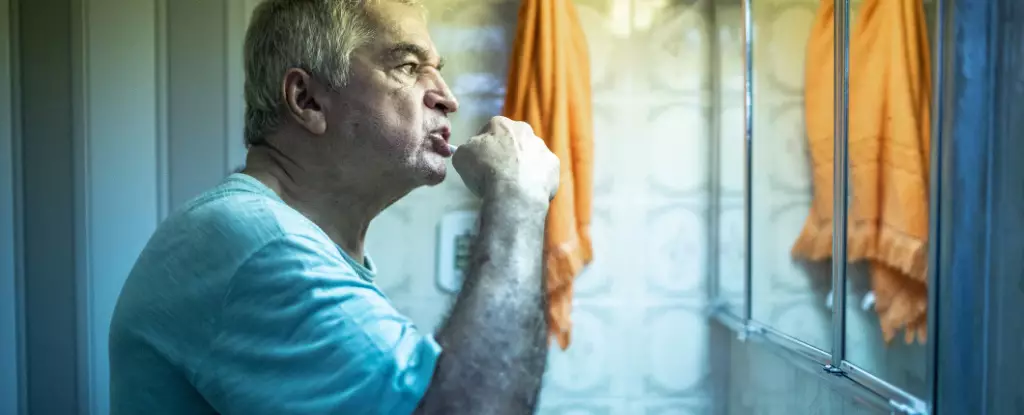Maintaining proper oral hygiene is not only important for healthy teeth and gums, but it may also have significant implications in preventing pneumonia, according to a new analysis of over 2,700 patients. The data, pooled from 15 clinical trials, suggests that daily toothbrushing can reduce the risk of hospital-acquired pneumonia, a common and potentially deadly lung infection. This article delves into the findings of the analysis, highlighting the impact of oral hygiene on pneumonia rates and its potential for improving overall patient care in hospitals.
Historically, the evidence regarding the connection between oral hygiene and pneumonia has been inconclusive, particularly for patients in hospitals who are unable to brush their teeth unassisted. However, Selina Ehrenzeller and Michael Klompas, two epidemiologists specializing in infectious diseases, sought to clarify this connection. Analyzing data from 2,786 patients involved in the clinical trials, they discovered that hospital-acquired pneumonia rates were notably lower among patients who brushed their teeth at least twice a day. This finding contradicts previous conflicting studies and highlights the significance of proper oral care in preventing pneumonia.
Hospital-acquired pneumonia is a major concern for patients already battling illnesses. Studies conducted worldwide estimate its incidence to range from 1 in 50 to 1 in 200 hospital admissions. Critically-ill patients are particularly susceptible to infections, especially given the presence of drug-resistant superbugs in hospital environments. Consequently, 5 to 10 percent of hospital patients acquire some form of infection during their stay. While hospitals take precautions to prevent the spread of pathogens, incorporating toothbrushing into patient care, especially for ventilated patients, could be an effective and low-cost strategy for improving oral health and reducing pneumonia cases.
Antiseptics are typically used in oral care for patients, but microflora can persist due to their ability to hide in biofilms. Physical disruption of these structures is essential in reducing microbial counts. Brushing teeth not only helps eliminate bacteria and other pathogens that can cause lung infections but also inhibits the formation of biofilms. This simple act of toothbrushing has the potential to make a significant difference in preventing pneumonia among hospital patients.
The analysis revealed that toothbrushing played a crucial role in reducing pneumonia rates among patients on breathing support, who constituted the majority of the study participants. For every 12 mechanically ventilated patients who had their teeth brushed, one case of pneumonia was prevented. Additionally, daily toothbrushing was associated with shorter stays and fewer days of mechanical ventilation in intensive care patients. However, brushing teeth three or more times a day did not provide additional benefits compared to brushing twice daily. These findings emphasize the importance of implementing a daily oral health routine, particularly for hospitalized patients, including those on mechanical ventilation who may require assistance from care staff.
The analysis did not find a significant effect of toothbrushing on hospitalized patients who were not receiving mechanical ventilation. However, this may be due to only two of the 15 studies in the analysis involving non-ventilated patients, making the benefit of toothbrushing in reducing pneumonia uncertain in that group. Further research is needed to understand the relationship between oral hygiene and pneumonia in this specific patient population.
Based on the compelling data presented in this analysis, routine toothbrushing should be considered an essential component of standard care for ventilated patients in hospitals. Implementing effective oral hygiene practices can have a significant impact on preventing pneumonia and improving patient outcomes. Hospitals should prioritize incorporating toothbrushing into their care protocols for ventilated patients and consider promoting the importance of oral health to all patients. Together, these steps can help reduce the incidence of hospital-acquired pneumonia and enhance overall patient well-being.



Leave a Reply